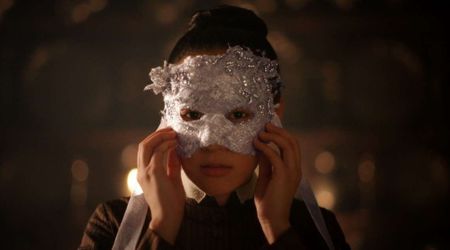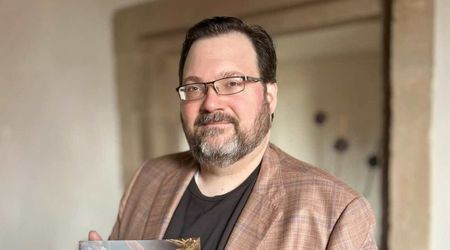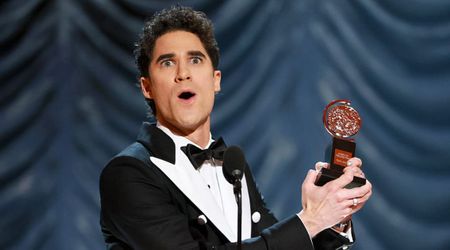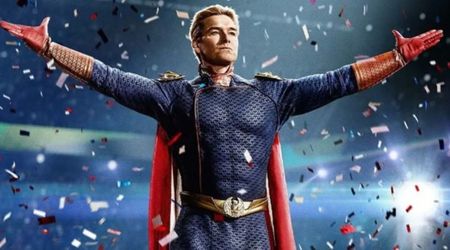'American Conspiracy: The Octopus Murders' Review: Netflix docuseries leaves viewers yearning for clarity

LOS ANGELES, CALIFORNIA: As you delve into the Netflix docuseries 'American Conspiracy: The Octopus Murders,' you may find yourself yearning for definitive answers within a tangled web of intrigue.
While the series offers a glimpse into a captivating yet complex mystery, it ultimately leaves you with more questions than solutions, leading to frustration rather than enlightenment.
Directed by Zachary Treitz, the series presents a curious blend of compelling storytelling and a journey into the realm of conspiracy theories.
Nevertheless, the series grapples with a lack of a clear focus. Is it primarily an investigation into the death of a journalist entangled in a vast government conspiracy, or does it lean towards a study of individuals consumed by their relentless pursuit of truth, even at the expense of their well-being?
Despite attempting both angles, the series falls short of delivering a compelling narrative on either front.
'American Conspiracy' a descent into the labyrinth

The journey begins three decades ago, introducing Danny Casolaro, a dedicated writer and reporter who becomes engrossed in a conflict between the Department of Justice and a tech company called INSLAW.
Casolaro becomes convinced that the government stole and exploited INSLAW's software program, allowing them to spy on both allies and adversaries.
In 1991, Casolaro's relentless pursuit of this theory takes him to Martinsburg, West Virginia, where he engages with a source he deems vital for gathering evidence. Unfortunately, tragedy strikes as he is later discovered dead in his hotel room, his wrists slashed multiple times.
While authorities ruled it a suicide, many remain unconvinced, attributing his death to his proximity to a powerful conspiracy dubbed 'The Octopus.'
Fast forward to the present, and the scene shows photojournalist Christian Hansen, who takes up the mantle from Casolaro, determined to uncover the truth behind the Octopus conspiracy.
As Hansen delves deeper, the series follows him and director Treitz down a rabbit hole of potential leads, chasing theories across the country. They encounter a cast of characters seemingly ripped from spy novels, including a scientific savant, a shadowy operative, and a dubious FBI informant.
Netflix docuseries offers glimpse into fascinating yet frustrating enigma

The series acknowledges the unsettling nature of certain unsolved crimes and the possibility of covert government operations. However, it also highlights the potential dangers of unchecked obsession. We see how Casolaro became consumed by his pursuit, to the point of alienating his loved ones.
A questionable decision by the filmmakers involves Christian Hansen himself portraying Casolaro in dramatizations of past events. This adds an unnecessary layer of subjectivity and undermines the documentary's objective approach.
As the lines between reality, half-truths, and conspiracy theories begin to blur, Hansen eventually decides to step away from the investigation for his sanity. This mirrors the experience of Cheri Seymour, another journalist who pursued the Octopus theory and ultimately chose normalcy over the constant pursuit of elusive answers.
'American Conspiracy: The Octopus Murders' offers a glimpse into a fascinating yet frustrating enigma. While it presents intriguing elements and raises valid questions, it ultimately fails to deliver definitive answers, leaving viewers with a lingering sense of disappointment and uncertainty.
The series serves as a cautionary tale, reminding us of the potential dangers of chasing shadows and the importance of maintaining a healthy balance when embarking on any pursuit, regardless of how captivating it may appear.
'American Conspiracy: The Octopus Murders' is available on Netflix.










